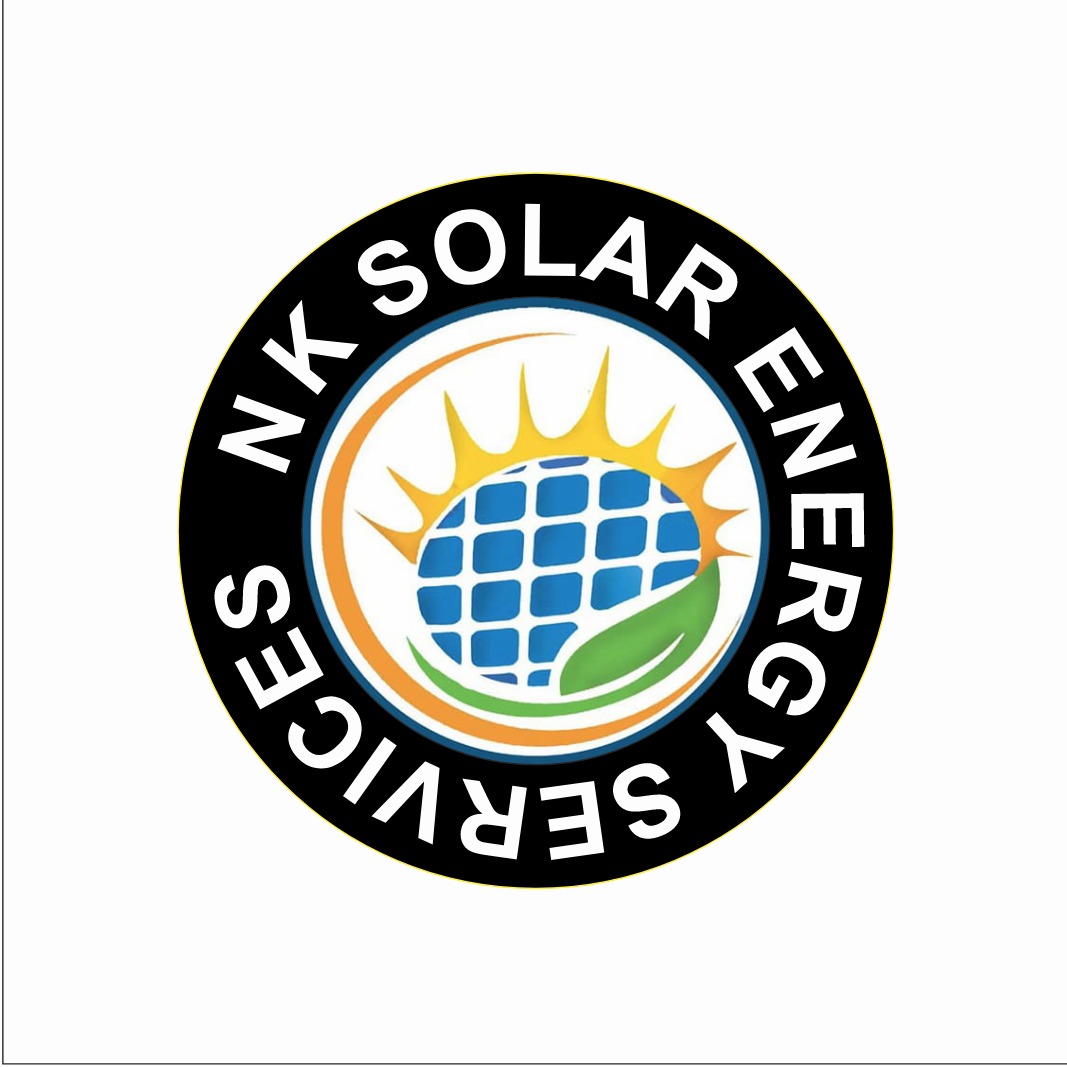Do Solar Panels Produce Energy at Night?
 The main drawback of solar energy is that the sun does not shine all the time. This used to be the biggest impediment to the broad adoption of solar energy. Solar power plants couldn't access the sun's energy on overcast days or at night, bringing operations to a halt anytime a cloud moved overhead. As a result, solar-generated electricity was unavailable at periods, such as at night when demand was highest. Solar panels' photovoltaic cells require sunshine to generate power. Solar panels provide two options for evening energy. Solar panels work tirelessly throughout the day to generate electricity from the sun. They also advocate solar energy systems that can be used at night. Through net metering and solar battery storage, you can continue to benefit from their energy production after sunset.
The main drawback of solar energy is that the sun does not shine all the time. This used to be the biggest impediment to the broad adoption of solar energy. Solar power plants couldn't access the sun's energy on overcast days or at night, bringing operations to a halt anytime a cloud moved overhead. As a result, solar-generated electricity was unavailable at periods, such as at night when demand was highest. Solar panels' photovoltaic cells require sunshine to generate power. Solar panels provide two options for evening energy. Solar panels work tirelessly throughout the day to generate electricity from the sun. They also advocate solar energy systems that can be used at night. Through net metering and solar battery storage, you can continue to benefit from their energy production after sunset.
Under certain conditions, the researchers have developed a novel solar cell that can generate up to 50 watts of power per square meter at night. During the day, that's about a quarter of the output of a typical solar panel. The novel panel functions similarly to a standard solar cell, but in reverse. A thermoradiative cell, unlike a photovoltaic cell, generates energy by radiating heat to its surroundings, and emits infrared light when pointed at the night sky since it is warmer than outer space. The new device, nicknamed an anti-solar cell, collects this radiation and converts it to power in the same manner that a traditional solar cell does.
Net Metering Keeps You Connected
Net metering is possible when your solar panels are connected to the electric grid. Net metering functions similarly to a savings account where it is available. Excess electricity generated by your solar panels is fed into the grid. In exchange, the electric company reimburses you or credits your account. You can use those energy credits that you banked with the electric grid during the day at night. When your solar panels aren't producing energy at night, net metering kicks in. Electricity can flow both in and out of your home with this bidirectional connection. The grid connection ensures that electricity is delivered to your home regardless of solar panel production fluctuations. In this way, the grid acts as a collective solar energy storage system. Net metering is a time-saving method. Your net metering credits should, in theory, cover the cost of obtaining electricity from the grid. It is not, however, available everywhere.
Solar Battery Storage Offers Energy Freedom
Battery storage is a second way that solar panels can power your home indirectly at night. Solar batteries perform the night shift to maximize the output of your solar panels during the day. Solar panels use the sun's energy to charge your battery. Your battery can run all night thanks to the solar energy it has saved. Rather than transferring excess electricity to the grid, keep it in your home. Before drawing from the grid, you'll utilize electricity from the solar battery storage. Solar battery storage gives you financial control and peace of mind over your energy costs. During outages, homeowners also enjoy battery backup power. Utility grids go down for a variety of reasons, including technological failures and natural disasters like wildfires. When your solar panels aren't working, battery storage allows you to use your own electricity. The best energy solution for backup electricity at night is solar battery storage. It's time to start producing your own energy. Your solar installation becomes a long-term energy storage solution with the addition of a battery.
